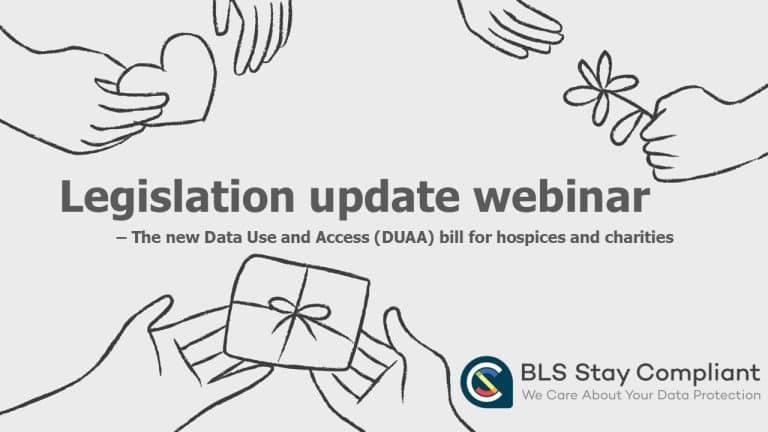Cyber resilience and reputation, the key takeaways from the NCSC Annual Report.
Each year, the National Cyber Security Centre (NCSC) annual report offers a clear-eyed assessment of the cyber landscape and 2025’s edition delivers a particularly urgent message for organisations navigating today’s reputation-driven business environment.
For Information Governance/Data Protection professionals, the report isn’t just a technical document; it’s a call to action. It underscores how data management, governance, and cyber resilience have become inseparable for business integrity and trust.
Cyber Threats Are Now Business Risks, Not Just IT Issues. The NCSC continues to highlight that cyberattacks, particularly ransomware, supply chain compromises, and phishing, are no longer confined to IT departments. They are board-level concerns, with the potential to cause immediate financial loss, regulatory penalties, and lasting reputational damage.
Data protection professionals are increasingly the bridge between compliance and resilience. When a breach occurs, the question isn’t just “What data was lost?” but “What will stakeholders think, and how will we rebuild trust?”
According to the NCSC, the UK saw a notable rise in targeted attacks against sectors handling sensitive data, including healthcare, legal, and professional services. This highlights the need for rigorous data lifecycle management, access controls, and breach response planning, all areas where IG/DP frameworks play a pivotal role.
The Cost of Poor Governance Is Measured in Reputation, the report reinforces a trend many organisations are now grappling with, public trust can evaporate overnight. In a digital world, where data is synonymous with reputation, effective governance is no longer optional.
Businesses that demonstrate transparent, well-documented data protection practices can often recover from an incident faster. Those that cannot show due diligence face compounded reputational harm: not only from the breach itself, but from the perception of mismanagement.
As the NCSC points out, “The public increasingly expects that organisations will protect their data as diligently as their own assets.” For IG/DP professionals, this means aligning governance policies with cyber resilience strategies, ensuring risk registers, incident response plans, training and supplier assessments are integrated and regularly tested.
The 2025 report again emphasises supply chain risk as one of the fastest-growing cyber challenges.
From an Information Governance and Data Protection perspective, this translates into renewed scrutiny over data sharing agreements, due diligence processes, and third-party data handling practices.
The NCSC recommends that organisations adopt the Cyber Assessment Framework (CAF) and engage in regular supplier risk mapping. IG and DP teams are critical in implementing these recommendations.
The report makes clear that cyber resilience is as much about culture as it is about technology. A well-configured system is easily undone by an untrained employee or a disengaged leadership team.
For IG professionals, this is an opportunity to champion governance as a cultural value, embedding data protection and incident preparedness into day-to-day operations. By implementing cyber as part of business ethics as well as regulatory compliance, organisations can strengthen both their resilience and their reputation.
Businesses that invest in governance, resilience, and transparency will find themselves better positioned to win and retain customer confidence.
The NCSC’s annual report paints a clear picture: cyber incidents are not just technical failures; they are failures of governance and trust. For information governance and data protection professionals, this is a defining moment to lead from the front, ensuring that good governance, strong controls, and transparent reporting form the backbone of every organisation’s resilience strategy.
As cyber risks evolve, so too must governance. The organisations that thrive will be those that see security and reputation not as separate issues.
BLS Stay Compliant supports organisations in developing a robust information governance framework, ensuring that policies, procedures, and risk management practices are resilient and reinforced through accredited training


















